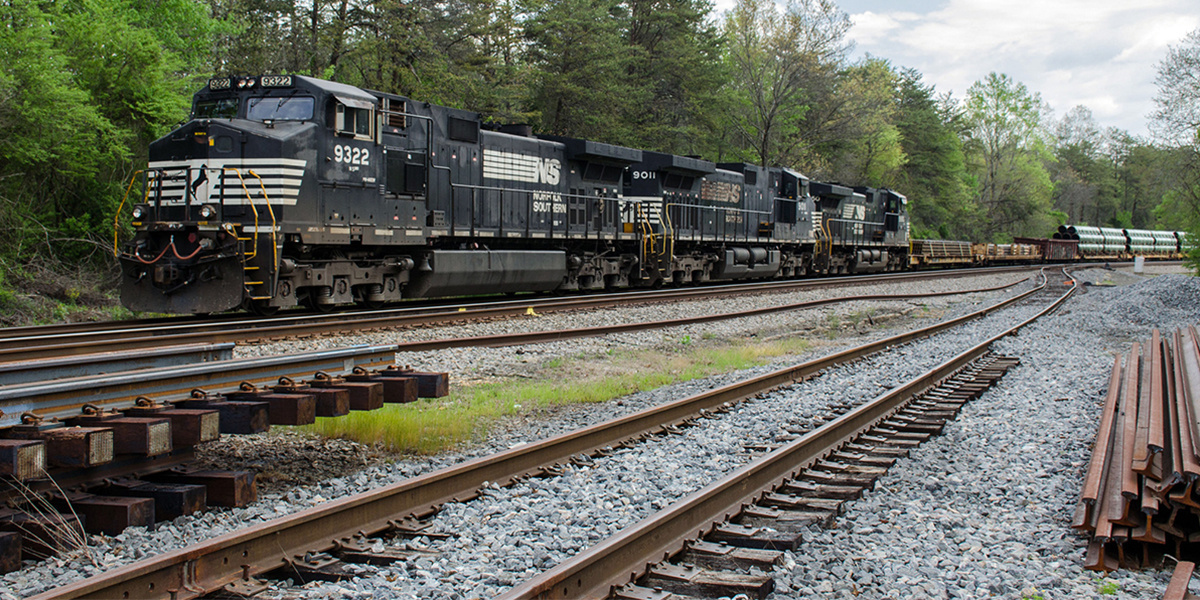
Atlantic Coast Pipeline Work Restarts as Opponents Decry ‘Rushed Decisions’

The Federal Energy Regulatory Commission (FERC) ruled Monday that work could resume on the Atlantic Coast Pipeline, which opponents call “unnecessary and a boondoggle,” the Charlotte Business Journal reported.
Work on the controversial pipeline halted last month after a federal appeals court vacated two permits required for the project to complete its 600 mile route from West Virginia, through Virginia, to North Carolina.
The pipeline is a project backed by Duke Energy, Dominion Energy and Southern Co. to carry fracked natural gas.
The permits in question, from the Fish and Wildlife Service (FWS) and the National Park Service (NPS) were redone Sept. 11 and 14 respectively, the FERC said in its letter authorizing construction.
“We fixed those issues and FERC lifted our stay. So our folks are back to work, starting today,” Dominion Resources State Policy Manager Bob Orndorff told the West Virginia state legislature Tuesday, MetroNews reported.
But pipeline opponents were skeptical of the new permits.
“These two agencies got into trouble once for making rushed decisions on a political timetable,” Southern Environmental Law Center (SELC) lawyer D.J. Gerken told the Charlotte Business Journal. “The agencies turned very fast and, as far as we can tell, without much concern for whether they were done correctly.”
SELC brought the court case that led the Fourth Circuit Court of Appeals to vacate the permits.
The court found that the original NPS permit was invalid because it did not explain how the tree-cutting necessary for the pipeline’s passage through the Blue Ridge Parkway would not contradict its scenic purpose.
The original FWS permit, meanwhile, did not adequately address the pipeline’s impact on endangered species, the court ruled.
Gerken told The Charlotte Business Journal that the SELC is reviewing the FERC decision and will decide promptly whether to appeal or not.
The Sierra Club agreed that the new permits seemed rushed.
“Rather than taking the time to address the major problems we have seen in federal agencies’ reviews of the Atlantic Coast Pipeline, these agencies continue to rush through a rubberstamp process that ignores legal requirements—not to mention the public interest,” Sierra Club Beyond Dirty Fuels campaign director Kelly Martin said in a statement.
The Sierra Club said the original permits were rushed through due to pressure from utilities and the Trump administration.
“We don’t even need these fracked gas pipelines in the first place, so not only should the stop work order remain in place, all construction should be permanently halted,” Martin said.
Even as crews get back to work, construction along some parts of the pipeline’s route might be delayed for a different reason—flooding from Hurricane Florence.
“We are closely monitoring weather conditions across the project footprint and will of course only resume work in areas where it is safe to do so and where weather conditions permit,” pipeline spokesperson Aaron Ruby told the Charlotte Business Journal.
#Trump Team Tied to Atlantic Coast Pipeline Now Being Pushed by White House https://t.co/nc0ihn5DYS @SierraClub @350 @foe_us @billmckibben
— EcoWatch (@EcoWatch) February 7, 2017

 233k
233k  41k
41k  Subscribe
Subscribe 